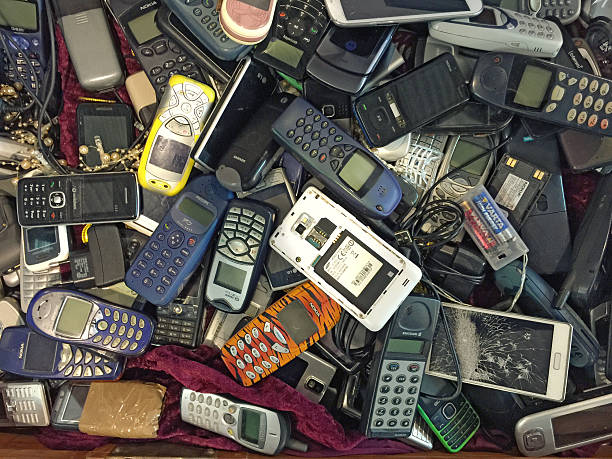Roadside Parking in Lagos
Roadside parking has become one of the major cause of gridlock on the streets of Lagos. Lagos is the most populous city in Nigeria and the biggest city in Africa. Land is a treasure-trove in Lagos because the city is surrounded by bodies of water. So, anybody that has a space wants to maximize its […]
ENABLING THE GIRL CHILD
Religious misinterpretations, poverty, teenage pregnancy and early marriage amongst others are factors hinders certain people from enabling the girl child in Nigeria. Despite accounting for 94.2 million out of the 200 million population of Nigeria, the female gender is relegated, treated as second class citizen in the country. A girl child in Nigeria is typically […]
Olympic Gold Medals For The Environmentally Conscious

Ever wondered what you can do with your dead phones? Aside from using the phone to distract or keep babies busy, or as a decoy for carjackers and pickpockets in Lagos traffic? Turns out, old phones are literal gold mines in the hands of those with the know-how. Let us see how the Olympic gold […]
